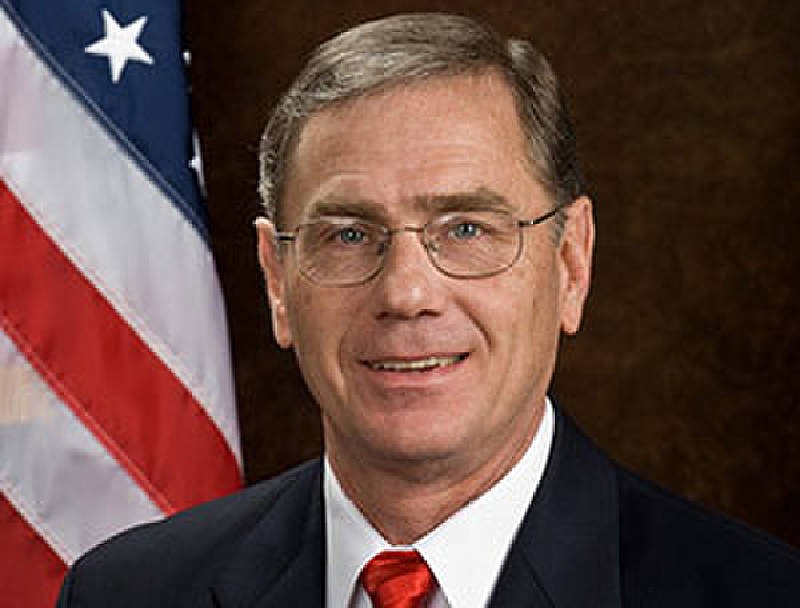"My frustration with loan access today is that my 20-year-old daughter, who has a full-time, decent paying job, cannot get a loan to buy her first vehicle. It's a catch 22 - you need credit to get credit, but no one will give you the credit to begin with. I would like to see our young adults be able to build the credit they need so they can have a decent future." - Michele from Fulton
Michele is just one of many Missourians who have contacted my office expressing their frustrations with what has been happening in the financial services space. My colleagues and I hear stories like Michele's on a daily basis.
Since passage of the Dodd-Frank Wall Street Reform and Consumer Protection Act (Dodd-Frank), financial institutions have been subjected to an onslaught of regulation. Some of it is necessary; there were serious problems in our financial system that contributed to the 2008 crisis that needed to be addressed. But the regulatory pendulum has swung too far; today, it is the federal financial regulators that decide what types of services people like Michele and her daughter can access, even though she and her local financial institution did not contribute to the crisis. Washington bureaucrats, rather than local community banks, credit unions and installment lenders are now making decisions about who should get credit and on what terms. That's because the bureaucrats are determining what risks are acceptable for local lenders to take and are threatening them with retribution if they don't tow Washington's line. As a former bank examiner and community banker, I can tell you with certainty the current regulatory set-up is completely contrary to the model of what lending should be all about. It's made it more challenging for many Americans to meet their everyday financial needs, is holding back real economic growth and opportunity, and is taking decision-making authority away from our local communities.
Unfortunately, availability of credit is just one negative side effect from Dodd-Frank. Faced with rising compliance costs, financial institutions are charging more for products. Before 2010, 75 percent of banks offered free checking to their customers. By 2015, that number had fallen to just 37 percent. Also, in 2015 in Missouri, there were 44 banks with less than $50 million in assets. Of those 44 institutions, 26 of them lost money. Many of these are the only financial institutions serving their respective communities. If they continue down the current path, they will be forced to shutter their doors or merge with or be acquired by a larger institution from out of town. Those are just a couple of examples of what is happening on the ground as a result of Dodd-Frank.
In the coming weeks, my colleagues on the House Financial Services Committee and I will be unveiling the Financial CHOICE Act for the 115th Congress. The premise of the CHOICE Act is simple: Change the current regulatory paradigm in order to offer a new model that benefits taxpayers, consumers and our local communities.
This alternative to Dodd-Frank strives to provide every American with the opportunity to not only achieve financial independence but to also ensure consumers are protected from fraud and deception. The CHOICE Act brings to an end taxpayer bailouts and the era of "too big to fail." Don't think this legislation lets bad actors off the hook: The CHOICE Act increases penalties for fraud committed by financial institutions, promotes consumer protection, and enhances transparency and accountability.
The Financial Services Committee has been working hard to reform and replace Dodd-Frank, and you can play a part, too. If you have been negatively impacted by rules and regulations that have stemmed from Dodd-Frank, please share your story with me by emailing me at [email protected].
Stories like Michele's go a long way in raising awareness about why it is so critical to reform Dodd-Frank. House Republicans want to restore the access to credit that has evaporated over the last few years, so young Americans, like Michele's daughter, are not put at a disadvantage.
U.S. Rep. Blaine Luetkemeyer, R-Mo., shares his perspective each week on national issues, including ones that affect Missouri. He represents the state's 3rd District, which includes Jefferson City. His local office can be reached at 573-635-7232.

